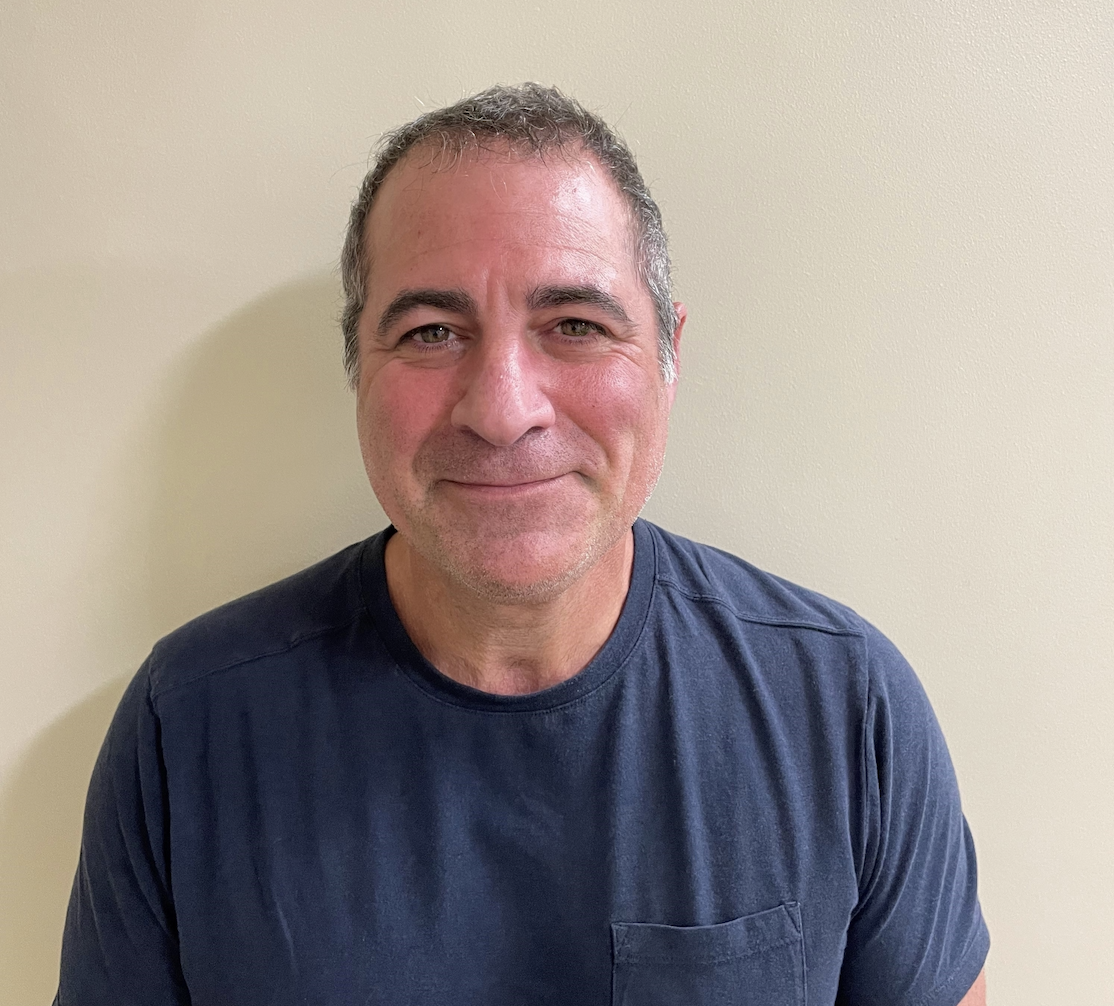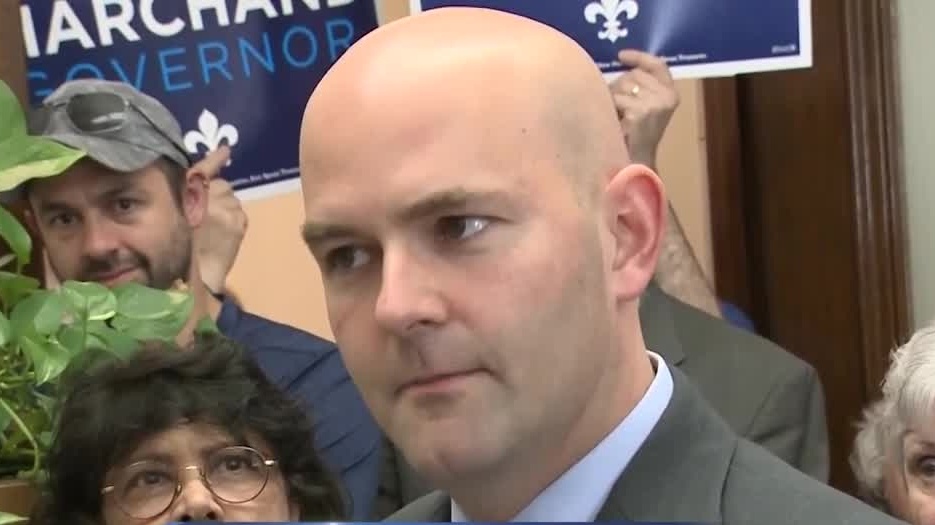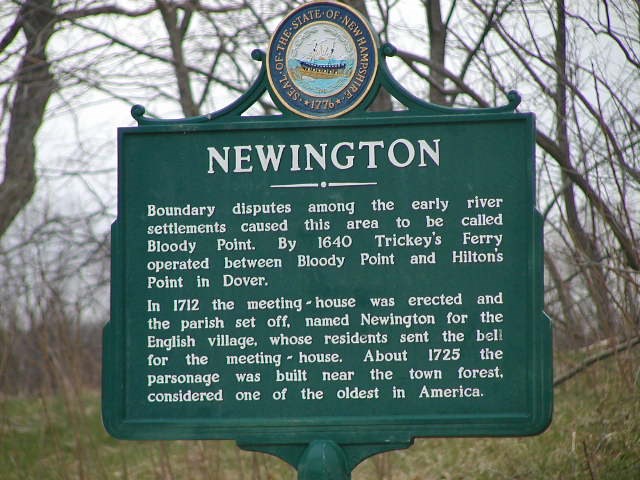
Where in the world is Maggie Goodlander?
If you’re looking for the Democrat running for the Second Congressional District nomination, you might want to try an apartment in the new Nashua apartment building downtown on a street with a taxi stand and a casino.
But if you’re looking for her actual home, it might be the $2.2 million, three-bedroom house with harbor views in the First Congressional District city of Portsmouth.
Unless it’s a work day. Then you might want to try Washington, D.C. Her husband Jake Sullivan is President Joe Biden’s national security advisor, and the couple has a home there, too.
Which leads to the ironic situation in which Goodlander is the only major candidate actually born in the Granite State, and yet she’s simultaneously facing legitimate allegations of being a “carpetbagger” as well.
Goodlander didn’t rent her Nashua residence until she became a candidate in the congressional race. Asked about the odd optics of moving into a district in order to run for office there, Goodlander retorted: “I am a renter, and there should be more renters in Congress.”
Goodlander’s building advertises apartments starting at $1,800 a month for a studio, and about $2,600 a month for a two-bedroom unit. It includes a gym and courtyard recreation area, though it seems unlikely she’ll be using the communal grill. And Goodlander’s name does not appear in the menu on the touch-screen directory at the building’s entrance.
The building is owned Wingate, one of the real estate rental conglomerates the Biden administration has been recently railing against
Wingate, which owns and operates many apartment developments, is also a major contributor to Democratic politics, according to Federal Election Commission data. That includes a $95,000 donation to the Democratic Congressional Campaign Committee that’s working to elect the next representative in the NH-02 race.
Ironically, Goodlander’s residency issues in Nashua go back to the very first time she voted, in 2008.
According to records reviewed by NHJournal, when Goodlander cast her mail-in ballot in the 2008 general election, the address listed was for a Nashua home her parents had already sold.
According to the 2008 voter checklist, Goodlander registered undeclared and voted by absentee ballot in both the January presidential primary and the November general election. According to the checklist, Goodlander pulled a Democratic ballot in the First in the Nation presidential primary between Hillary Clinton and Barack Obama.
The Nashua address Goodlander used for her registration was owned by her parents Betty Tamposi and Theodore Goodlander. However, that house was not her home by the time of the November election. The house was sold that fall, with the sale closing on Oct. 24, 2008, according to Registry of Deeds records.
Betty Tamposi and Theodore Goodlander were in the middle of an ugly, high-profile divorce at the time that is still a topic of conversation in Nashua circles. The fact that Maggie Goodlander voted from an address he family didn’t live at has some people asking if she cast an illegal ballot the first time she voted.
Probably not, Secretary of State David Scanlan told NHJournal.
While Scanlan would not speculate about the specifics of Goodlander’s actions, he said New Hampshire state law allows for limited transitional gray areas when it comes to moving and voting.
“Everybody’s situation is unique and different,” Scanlan said.
The law at the time allowed for people like college students to “domicile” in New Hampshire while actually residing in another state, according to Scanlan. Those who domiciled in the Granite State could vote in New Hampshire elections. Conversely, Granite Staters who did not domicile in New Hampshire could still claim it as their home. And they could still vote in New Hampshire elections, he said.
“For most people domicile is black and white, it’s where they live,” Scanlan said.
The New Hampshire Supreme Court has since clarified the definition of a domicile to be closer to the definition of a residency, Scanlan said. At the same time, the law still gives leeway for people whose lives are in transition or in the process of moving.
For example, a person who sold their New Hampshire house and then traveled the country in a motorhome could still claim New Hampshire as their residency, according to Scanlan, so long as they did not establish a home anywhere else.
“They do not lose their original domicile until they establish a new one,” Scanlan said.
Under the law, a person retains their New Hampshire residency until they establish a new residency. Usually, that is done by getting a new driver’s license, or putting a child in a public school in the new location, he said.
If Goodlander in 2008 did nothing to establish a new residency somewhere else in the weeks after her parents sold the Nashua home, she could still claim it as her home for voting purposes. Goodlander left New Hampshire for college, the military, and then a career in Washington, D.C.
The Republican National Congressional Committee says, “Goodlander’s residency issues and lack of local grassroots support goes to show just how little she has to do with New Hampshire as an adult.
“The voters of NH-02 deserve someone who understands their needs, not someone who pretends to be a renter while living in D.C.,” said NRCC spokeswoman Savannah Viar.
Goodlander may be hard to track down, but the campaign checks are still finding their way to her. According to the FEC reports ending in June, she outraised all of the candidates in the race with more than $1.5 million. Her Democratic primary opponent, former Executive Councilor Colin Van Ostern, raised about $1 million.
In the GOP primary, entrepreneur Vikram Mansharamani has about $352,000 cash on hand, and frequent federal candidate Lily Tang Williams has $305,000 in the bank, $80,000 of which she loaned the campaign.
And Goodlander’s house hunting may not be over, regardless of the outcome of the NH-02 election. According to The Wall Street Journal, presumptive Democratic presidential nominee Kamala Harris has already made it clear she’s going to clean house on foreign policy if she takes over from President Joe Biden.
On the list of staffers who’ll be shown the door: Goodlander’s husband Jake Sullivan.












